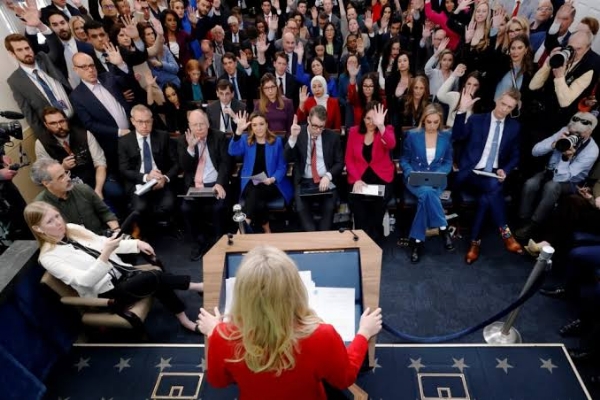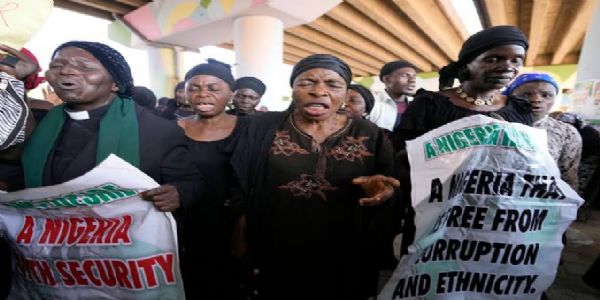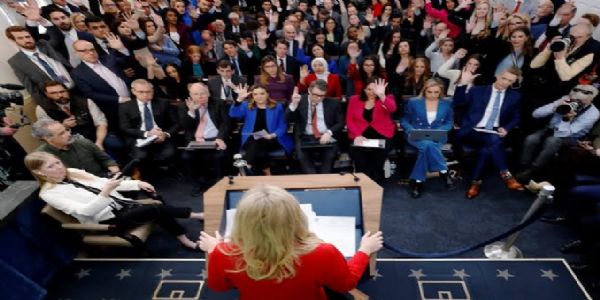
WASHINGTON, 1 November (H.S.): In a move that has drawn swift condemnation from media organizations, the Trump administration on Friday restricted journalists' access to a key area of the White House press office, mandating prior appointments to meet with senior communications staff.
The administration has defended the new policy as a necessary measure to safeguard sensitive material.Under the new directive, reporters are now barred from the Upper Press area of the West Wing—which includes the office of Press Secretary Karoline Leavitt and is situated near the Oval Office—without a scheduled appointment.
Previously, journalists with White House credentials could freely visit this section to seek information or confirm stories with senior officials.The change was announced in a memorandum from the National Security Council (NSC), which stated that recent structural changes have resulted in White House communications staff routinely handling sensitive national security information.
This policy will ensure adherence to best practices pertaining to access to sensitive material, the memo explained. White House Communications Director Steven Cheung also claimed that some reporters had been caught secretly recording and eavesdropping on private meetings, though he did not provide specific evidence.
Access to the Lower Press area, where more junior press aides work, remains unrestricted.The White House Correspondents' Association (WHCA) immediately voiced its strong opposition to the new rules. In a statement, WHCA President Weijia Jiang said the organization unequivocally opposes any effort to limit journalists from areas within the communications operations of the White House that have long been open for newsgathering.
Jiang argued that the restrictions hinder the press corps' ability to question officials, ensure transparency, and hold the government accountable, to the detriment of the American public.This policy is the latest in a series of measures by the Trump administration that have curtailed media access. Earlier this month, new rules were implemented at the Pentagon, leading several major news outlets to refuse to sign them.
Since President Trump's return to office, many mainstream news organizations have seen their access to the Oval Office and Air Force One reduced, while outlets viewed as more favorable to the administration have reportedly been given greater prominence.
---------------
Hindusthan Samachar / Jun Sarkar








